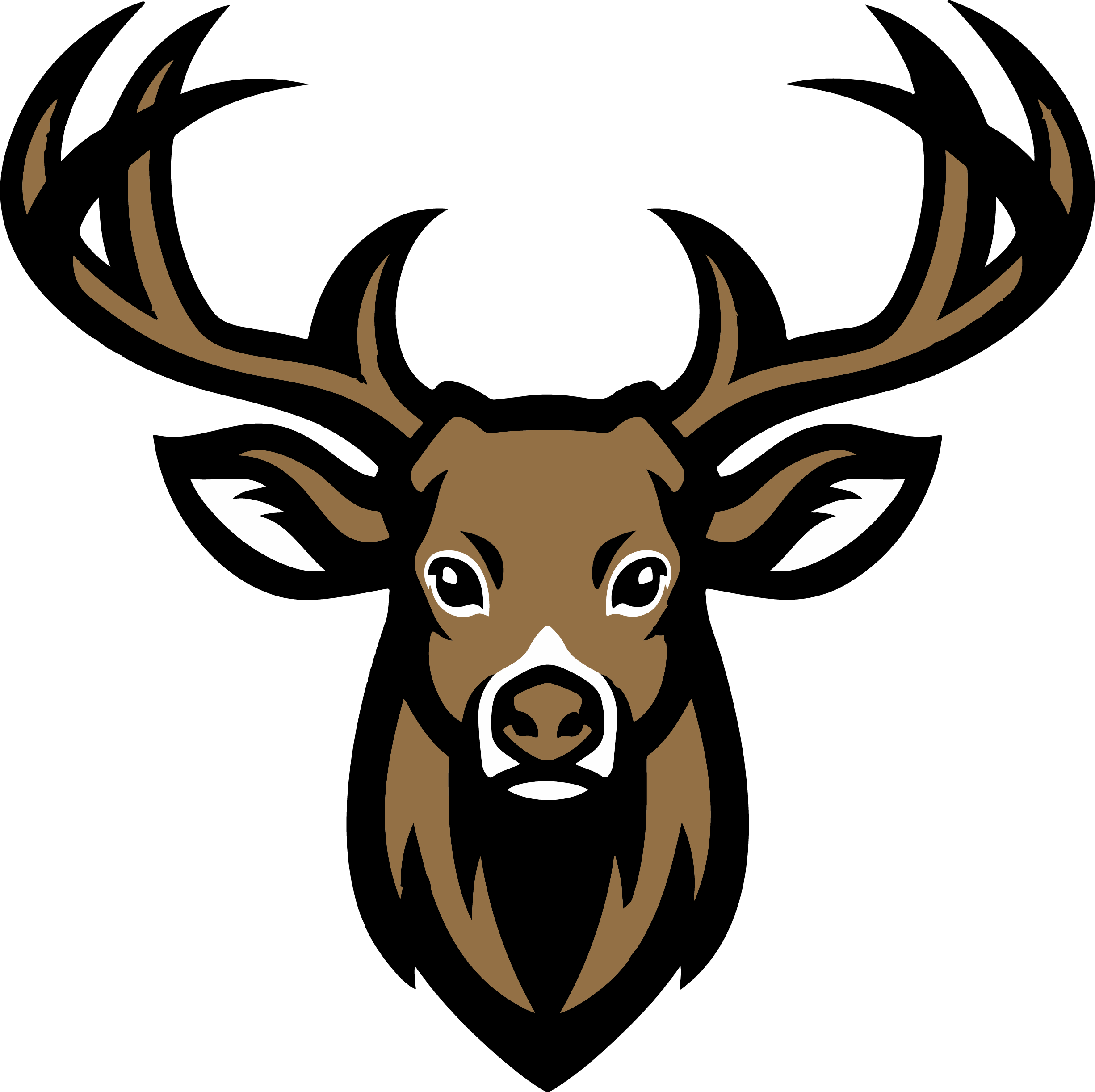What is FFA?
FFA is an intracurricular student organization for those interested in agriculture and leadership. It is one of the three components of agricultural education.
What do the letters FFA stand for?
The official name of the organization is the National FFA Organization.
The letters “FFA” stand for Future Farmers of America. These letters are a part of our history and our heritage that will never change. But FFA is not just for students who want to be production farmers; FFA also welcomes members who aspire to careers as teachers, doctors, scientists, business owners, and more. For this reason, the name of the organization was updated in 1988 after a vote of national convention delegates to reflect the growing diversity and new opportunities in the industry of agriculture.
Today, the National FFA Organization remains committed to the individual student, providing a path to achievement in premier leadership, personal growth, and career success through agricultural education.
FFA continues to help the next generation rise up to meet those challenges by helping its members to develop their own unique talents and explore their interests in a broad range of agricultural career pathways. So today, we are still the Future Farmers of America. But, we are the Future Biologists, Future Chemists, Future Veterinarians, Future Engineers, and Future Entrepreneurs of America, too.
Degree Recipients
Keystone Degree:
2020- Samantha Bodes
2021- Cody Bodes
2022- Andrew Beeman Kammy Bittinger Garrett Schmidt
Honorary Degrees:
2021- Mr. Denny Hutchison Mrs. Toshia Miller
Officers
Chapter Officers:
2021-22- Andrew Beeman, Kammy Bittinger, Hailey Bittinger, Mercadee Blocher, Cody Bodes, &Garrett Schmidt
2020-2021- Andrew Beeman, Kammy Bittinger, Hailey Bittinger, Mercadee Blocher, Cody Bodes, &Garrett Schmidt
2019-20- Cody Bodes, Samantha Bodes, Chase Jones, Devin Lowery, &Garret Schmidt
Somerset County Officers:
2021-22- Mercadee Blocher & Garrett Schmidt
2020-21- Kammy Bittinger & Garrett Schmidt
Chapter By-Laws & Constitution
What is SAE?
The Supervised Agricultural Experience (SAE) program involves practical agricultural activities performed by students outside of scheduled classroom and laboratory time. SAEs provide a method in agricultural education for students to receive real-world career experiences in an area of agriculture that they are most interested in. Supervised Agricultural Experiences are an important component of agricultural education and are required element of all Agriculture, Food and Natural Resources (AFNR) courses as explained by the Pennsylvania Department of Education, Chapter 339.
The National Council for Agricultural Education (The Council) revised the SAE descriptors in 2017. For clear understanding and expectations, The Council now defines SAE as a student-led, instructor-supervised, work-based learning experience that results in measurable outcomes within a predefined, agreed-upon set of Agriculture, Food, and Natural Resources Technical Standards and Career Ready Practices aligned to your Career Plan of study. All SAEs should be graded aspects of agricultural education courses.
*SAEs are mandatory, year-long school projects for ALL students enrolled in AFNR courses!
Click here to download the SAE Student Guide published by The Council.
Click here to download the SAE Teacher Guide published by The Council.
For more helpful resources published by The Council, click here.
SAEs are mandatory, year-long school projects for ALL students enrolled in AFNR courses
Record Book Programs
The Agricultural Experience Tracker (AET)
Types of SAE Projects
FOUNDATIONAL SAE
All students enrolled in an AFNR course (at all grade levels) are expected to have an SAE. Foundational SAEs support a student's career interest. Projects and experiential learning activities for all types of SAEs will develop the student in each of these five Foundational component areas:
Career Exploration
Employability Skills & College Readiness
Personal Financial Management
Workplace Safety
Agricultural Literacy Immersion SAEs (traditional SAEs) are developed here.
IMMERSION SAE
Immersion SAEs are an extension of the Agricultural Literacy component of the Foundational SAE and will contribute to a student's growth in all of the Foundational components in an authentic, contextualized manner. The five Immersion SAE categories build upon the Foundational SAE components in a real-world application.
1. Placement/Internship SAE: The student is in an employment setting (paid or unpaid). This experience must provide an opportunity for the development and advancement of skills and abilities aligned to the AFNR Technical Standards and Career Ready Practices.
2. Ownership/Entrepreneurship SAE: The student operates an individual business that provides goods and/or services to the marketplace in the ownership aspect. The student transitions to an entrepreneurship SAE once the ownership SAE is enhanced to contain or meet additional criteria. Raising and selling animals of any species is production agriculture and does not fit the agribusiness category.
3. Research: Experimental, Analysis, or Invention SAE: The student will be involved in an investigation of materials, processes, and information to establish new knowledge or the validation of previous research.
4. School-Based Enterprise SAE: A group of two or more students will work cooperatively outside of normal class time to create a business enterprise that provides goods and services. They operate their enterprise from the school campus utilizing facilities, equipment, and other resources provided by the AFNR program or the school.
5. Service Learning SAE: Conducted by one or more students in which they plan, conduct, and evaluate a project designed to provide a service to a school, public entity, or the community. It must provide benefits to another organization, group, or individuals other than the FFA chapter.
